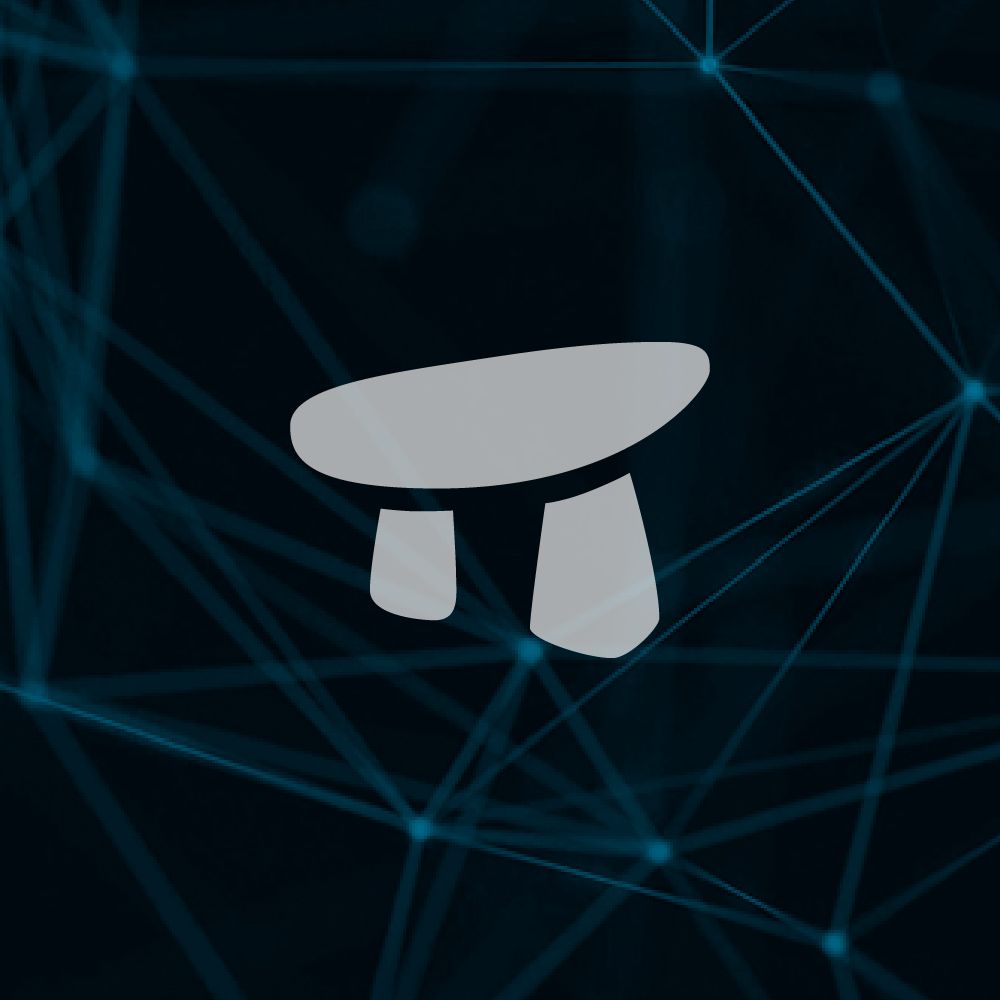
10|AUGUST|2012
Epistemonikos: Health evidence accessible to everyone
Opinion posted by Epistemonikos' Director in Sinestetoscopio.com
Artículo originalmente publicado en Sinestetoscopio.com
The amount of information that a healthcare professional must manage in order to stay updated about standards of care in their field is increasing. Evidence-Based Healthcare provides a clear guide on how to achieve this, but the speed of new information production and the difficulty in its identification and interpretation make its application increasingly challenging. In many areas, the gap between the generation of evidence and its benefits for patients has grown rather than diminished.
Even for those skilled in efficiently searching biomedical literature, finding answers to seemingly simple questions, such as which interventions are most effective or which diagnostic methods are most accurate, is no longer always feasible. We often encounter multiple sources of information scattered across various databases and websites, often with contradictory conclusions and frequently outdated. Additionally, the added difficulty of conducting the entire search and reading process in English constitutes an undeniable barrier to the adoption of evidence in non-English-speaking countries.
Epistemonikos is a collaborative non-profit project that seeks to contribute to the solution of these difficulties, thus promoting the use of the best available evidence in clinical decision-making and health policy. Founded by Chilean researchers and developers, it has evolved into a project with members from different parts of the globe.
The main goal of Epistemonikos is to identify and aggregate all that we call health evidence in one place, leaving out the rest of the information. Through a combination of automated searches and the selfless assistance of our collaborators, we strive to identify all systematic reviews, overviews of systematic reviews, clinical practice guidelines, and structured summaries that exist. Furthermore, we incorporate all primary studies included in systematic reviews entered into the database, regardless of language or publication status. In this way, rather than deciding what types of studies constitute evidence and which do not, we recognize that different clinical or health policy questions require different forms of investigation and use the reviewers' criteria to define the appropriate design for a given question. Thus, Epistemonikos collects the significant efforts of multiple researchers conducting systematic reviews to find the best evidence to answer clinical and health policy questions, and incorporates them into a common database.
This method of collecting primary studies also allows for relating existing information within Epistemonikos. For example, if a primary study is found, it's possible to access all systematic reviews that have included it. This way, the database promotes the transition from lower- to higher-level evidence in a simple and intuitive manner.
The search characteristics and other aspects of the selection and data extraction process are explicitly documented in a protocol, adhering to methodological standards specific to systematic reviews.
In addition to the breadth and rigor of the process and the strengths of a database that follows the logic of evidence-based healthcare, Epistemonikos places a strong emphasis on providing a simple and intuitive interface. Conducting searches is as simple as using a general search engine (e.g., Google) and can be done in any of the 9 languages in which Epistemonikos is available (terms in different languages can even be combined).
Existing translations (of titles and abstracts) are collected from various sources, and when these are unavailable, automatic translations are generated, which are later edited by collaborators. We hope to someday have all the information translated (we are progressing at a good pace).
Epistemonikos was launched in Spanish on April 20, and in 4 months, it has emerged as a potential solution to the majority of the problems mentioned in this article. On August 14, 2012, the launch took place in 9 languages, and we are convinced that with everyone's help in spreading the project and collaborating with it, Epistemonikos can become the preferred resource for answering clinical and health policy questions, thus helping to ensure that the benefits derived from health research reach those who need it most: patients and citizens.
Gabriel Rada
Epistemonikos Director
Professor, Pontificia Universidad Católica de Chile